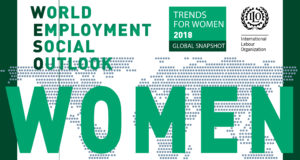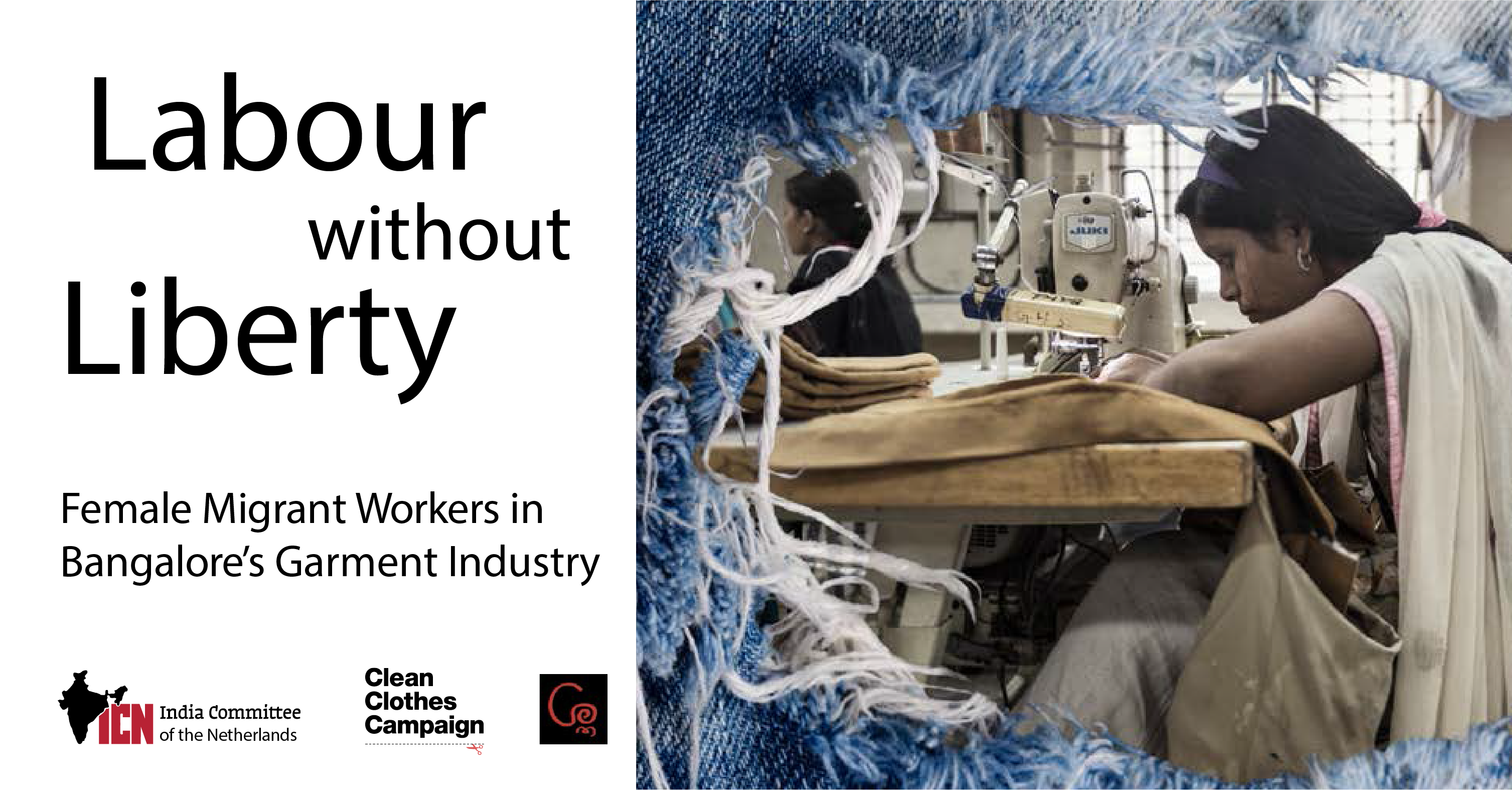Author:
John Pickles
University of North Carolina (UNC) at Chapel Hill – Department of Geography
Shane Godfrey
University of Cape Town
May 16, 2013
Capturing the Gains, Revised Summit Briefing, No. 6.2, February 2013
Abstract
The apparel industry is one of the most globalized. Export production contributes substantially to national export earnings and employs tens of millions worldwide, particularly women in low-income countries. However, the globalization of production has also led to poor working conditions and regional wage depression. Over time, the national structure of manufacturer-driven value chains has given way to increasingly fragmented production systems, but in recent years the trend towards concentration, supply chain transparency and strategic partnerships between buyers and suppliers has improved conditions for some supplier firms and workers. Trade and preferential market access policies severely constrain economic and social upgrading opportunities.
 CPD RMG Study Stitching a better future for Bangladesh
CPD RMG Study Stitching a better future for Bangladesh



